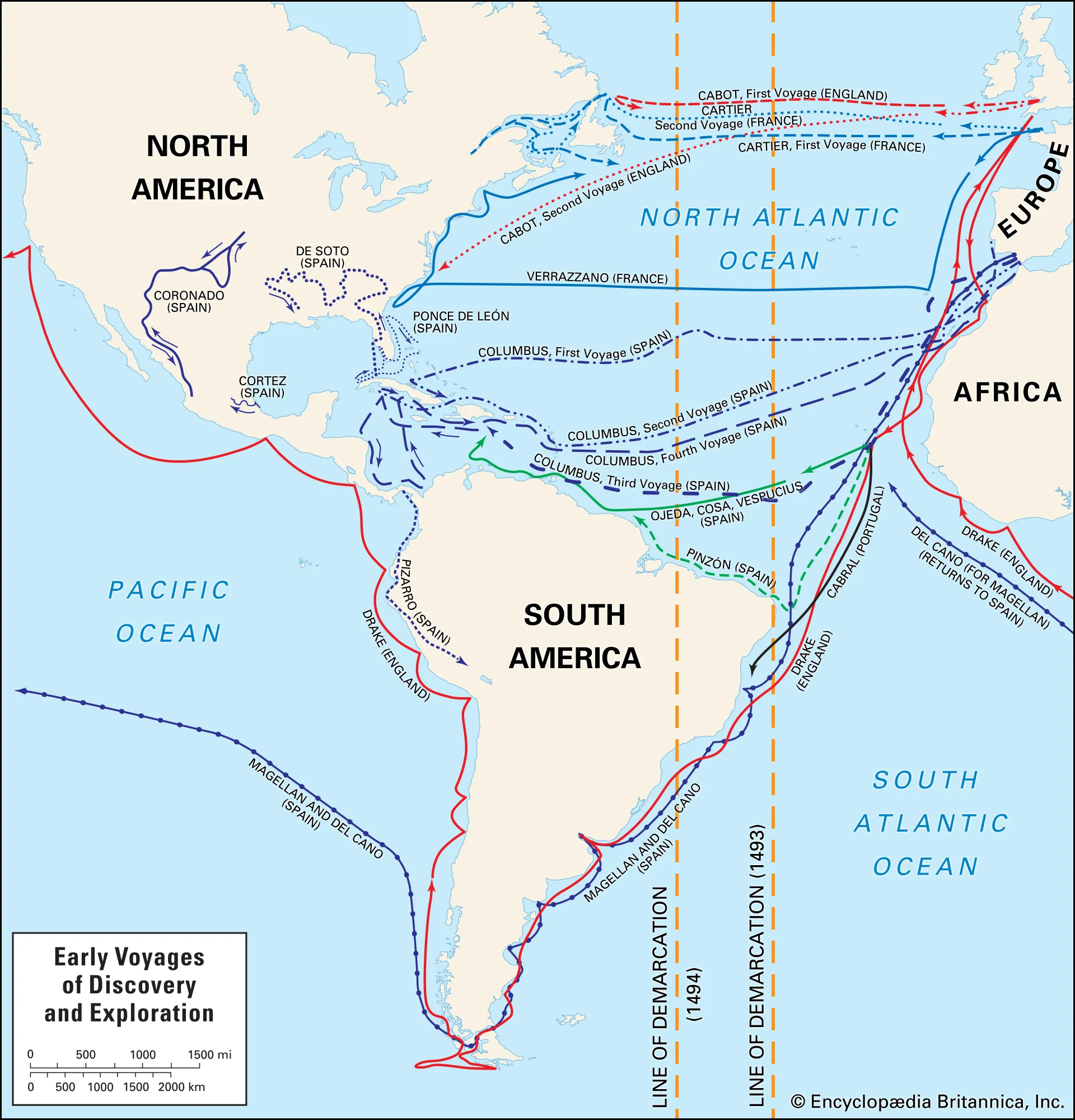Introduction
Geography is a fascinating and multifaceted subject that delves into the study of the Earth’s landscapes, environments, and the relationships between people and places. As a field of study, geography is not only about memorizing countries and capitals but also understanding the complex interactions between physical features, human societies, and the environment. In this article, we explore the significance of geography in education, its diverse branches, and the valuable insights it provides into the world we live in.
The Significance of Geography in Education
Geography holds a crucial place in education, offering numerous benefits to students and society at large:
- Spatial Awareness: Geography enhances spatial awareness, enabling individuals to understand the location of places, interpret maps, and navigate the world effectively.
- Global Awareness: Geography fosters a sense of global awareness, encouraging students to appreciate cultural diversity, global issues, and interconnectedness among nations.
- Environmental Stewardship: Geography promotes environmental consciousness by studying the impact of human activities on the natural world and encouraging sustainable practices.
- Critical Thinking: The study of geography nurtures critical thinking skills, such as analysis, synthesis, and problem-solving, as students explore complex geographic issues.
- Interdisciplinary Connections: Geography connects with various other subjects, including history, economics, politics, and environmental science, enriching students’ understanding of the world from multiple perspectives.
Branches of Geography
Geography is a diverse and interdisciplinary subject with several branches, each focusing on specific aspects of the Earth’s physical and human phenomena:
- Physical Geography: This branch examines the Earth’s natural features, such as landforms, climate, ecosystems, and natural processes like erosion and weathering.
- Human Geography: Human geography explores the relationship between people and their environment, including population distribution, urbanization, cultural landscapes, and economic activities.
- Geographical Information Systems (GIS): GIS involves the use of technology to capture, analyze, and visualize spatial data, aiding in decision-making and problem-solving.
- Cartography: Cartography is the art and science of mapmaking, essential for representing geographic information and spatial relationships.
- Environmental Geography: Environmental geography focuses on the study of the impact of human activities on the environment, including issues like climate change, pollution, and resource management.
- Urban Geography: Urban geography investigates the development, spatial organization, and challenges of cities and urban areas.
The Value of Geographic Knowledge
- Understanding the Earth’s Complexity: Geography provides insights into the intricate interactions between physical landscapes, human societies, and the environment, fostering a holistic understanding of the Earth’s complexity.
- Informed Citizenship: Geographic knowledge empowers individuals to be informed global citizens, capable of making well-informed decisions on environmental, social, and political issues.
- Navigating a Globalized World: In an interconnected world, geographic knowledge is invaluable for understanding global markets, cultural differences, and international relations.
- Environmental Conservation: Geography contributes to environmental conservation efforts by raising awareness of ecological challenges and the need for sustainable practices.
- Career Opportunities: Geographic skills and knowledge open up various career opportunities in fields such as urban planning, environmental management, international relations, and geographic information systems.
Conclusion
Geography is much more than just learning about places on a map; it is a rich and diverse field of study that enables students to explore the Earth’s natural and human complexities. Through geography, students gain spatial awareness, critical thinking skills, and a global perspective, preparing them to be informed and responsible citizens. The interdisciplinary nature of geography allows for a deeper understanding of the world, integrating knowledge from various fields and fostering well-rounded individuals. By embracing geography in education, we equip the next generation with the tools to navigate a globalized world, promote environmental stewardship, and contribute positively to society and the planet.



